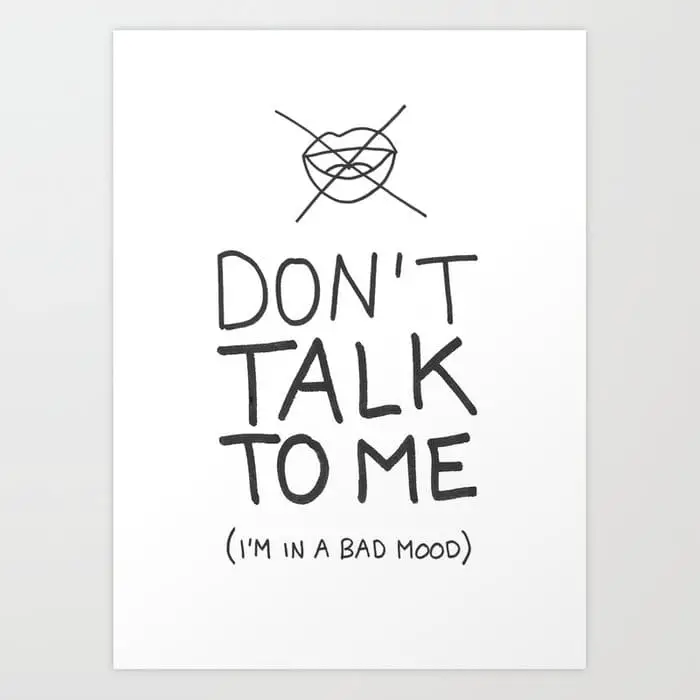Table of Contents
A bad mood may help your brain with everyday tasks
New research found that being in a bad mood can help some people’s executive functioning, such as their ability to focus attention, manage time, and prioritize tasks. The same study found that a good mood has a negative effect on it in some cases.
Tara McAuley, a psychology professor at the University of Waterloo, and Martyn S. Gabel, a Ph.D. candidate, explored whether our emotional reactivity shaped how mood influences the kinds of thinking skills we need to navigate the demands and stresses of day-to-day life. Emotional reactivity refers to the sensitivity, intensity, and duration of our emotional responses associated with our mood.
“Our results show that there are some people for whom a bad mood may actually hone the kind of thinking skills that are important for everyday life,” said McAuley.
The high-reactive individuals —people who have rapid, intense, and enduring emotional responses—performed better on executive function tasks when experiencing a bad mood. Low-reactive individuals showed the opposite effect, with bad mood associated with worse executive functioning.
This pattern of results supports the view that a bad mood may help with some executive skills – but only for people who are more emotionally reactive.
“People shouldn’t interpret the results as saying it’s fine to fly off the handle or overreact, or to be grouchy,” said McAuley. “We know that emotional reactivity differs from person to person starting at a very early age and that these individual differences have implications for mental health later in development.”
Further research is needed to explain the relationship, but some studies suggest that high-reactive people are more accustomed to experiencing negative emotions. As such, bad moods may be less distracting for them compared with lower-reactive people.
The study included 95 participants, each of whom completed nine distinct tasks and questionnaires that measure the interplay of mood, emotional reactivity, and various working memory and analytic challenges.
McAuley and Gabel’s paper appears in the journal, Personality, and Individual Differences.
Information:
The purpose of our website is only to help students to assist, guide and aware them regarding the material available. Moreover, it is necessary for you to take the permission if you want to reproduce or commercial purpose.
*All the rights reserved by Developer and Translator.
Help Us Improve This Article
Did you find an inaccuracy? We work hard to provide accurate and scientifically reliable information. If you have found an error of any kind, please let us know.
Add comment. we appropriate your effort.
If you have any scale or any material related to psychology kindly share it with us at psychologyroots@gmail.com. We help others on behalf of you
Follow